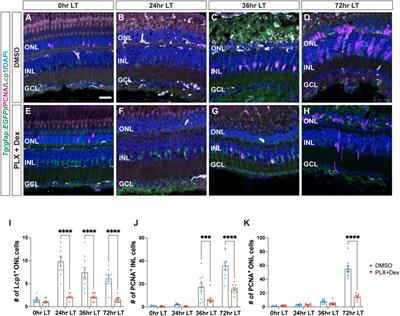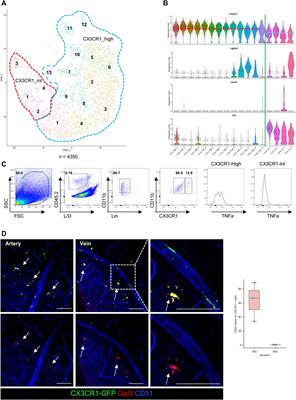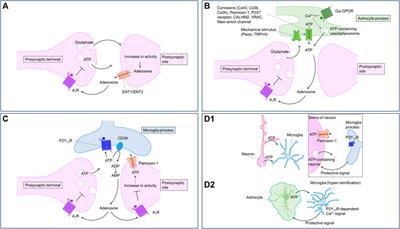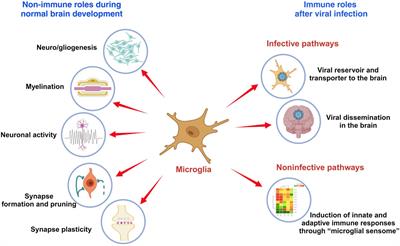EDITORIAL
Published on 12 Nov 2024
Editorial: Glial crosstalk in neurological disorders
doi 10.3389/fcell.2024.1515052
- 395 views
3,429
Total downloads
15k
Total views and downloads
You will be redirected to our submission process.
EDITORIAL
Published on 12 Nov 2024
REVIEW
Published on 27 Aug 2024

ORIGINAL RESEARCH
Published on 13 Jun 2024

ORIGINAL RESEARCH
Published on 26 Mar 2024

REVIEW
Published on 18 Jan 2024

MINI REVIEW
Published on 16 Jan 2024

